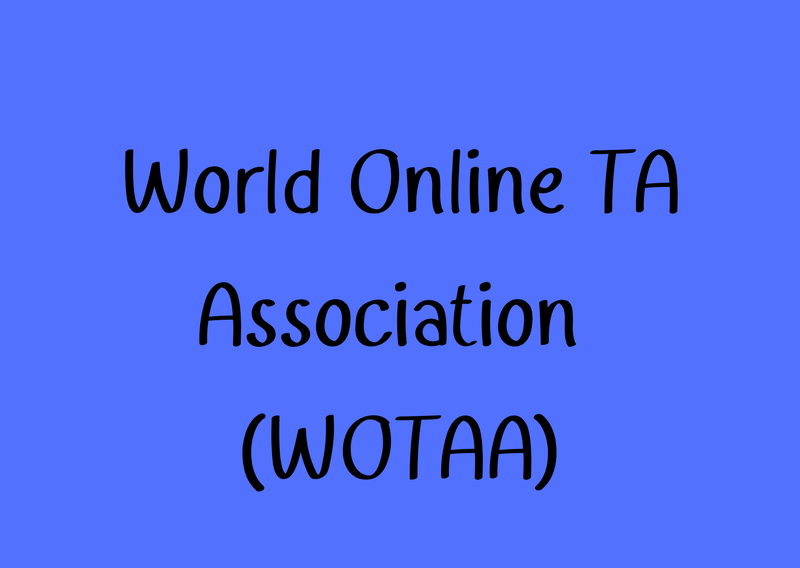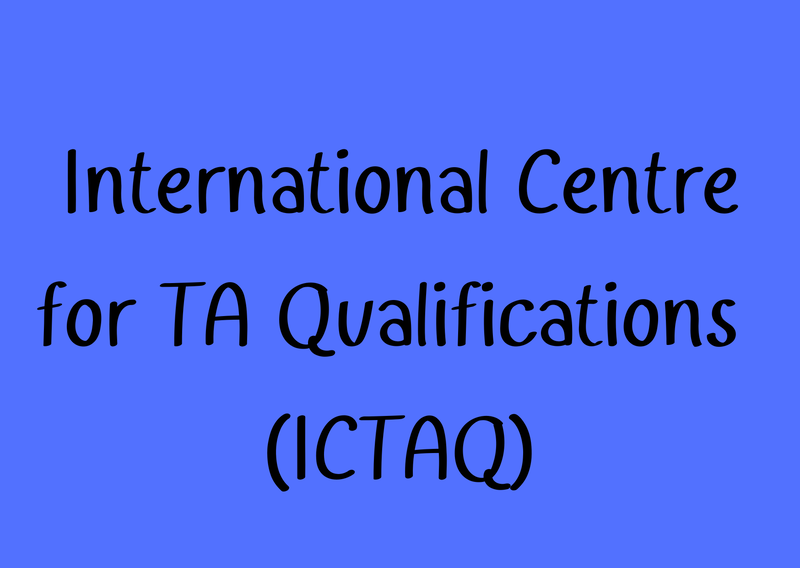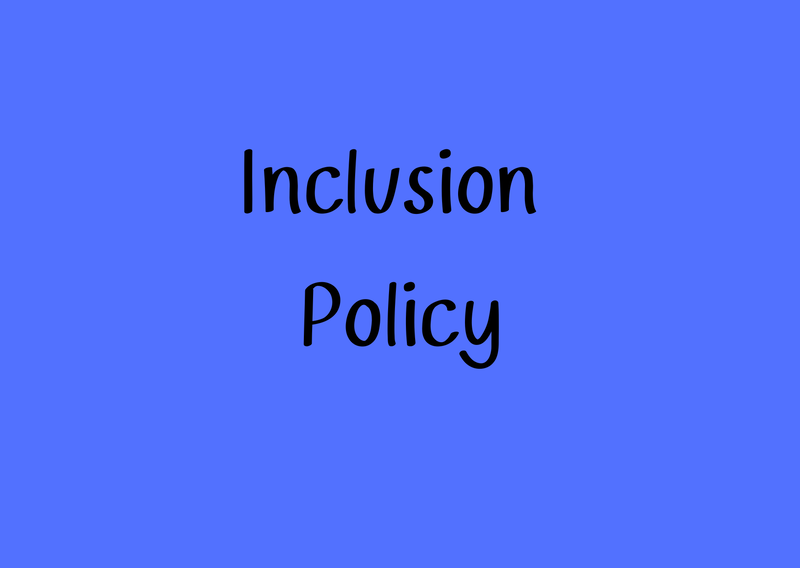Building on the Certificate level
Both the Certificate and Diploma in TA allow a specialism (such as coaching) as an optional extra.
The Diploma represents 25% of the requirements set for the international TA qualifications (Certified Transactional Analyst). In order to take the Diploma, the Certificate candidates need to be successful in gaining the Certificate.
The Certificate and Diploma route is a particularly supportive path towards the Certified Transactional Analyst exams. They can also form the basis for the MSc Professional Development (more information here). They are intended for those already in practice or about to start as helping professionals, who wish to make TA a major element of their professional approach.
Candidates are expected to attend training and supervision with internationally-accredited TA trainer/supervisors and to produce evidence of their competent application of TA. Candidates will be applying TA in their work for at least 100 hours and will attend at least 75 hours of TA webinars or workshops, receive at least 10 hours of professional supervision, and submit evidence of their work. This is anticipated to take about a year for each level, although students can spread training and application over a longer period. See http://www.icdta.net/awards--qualifications.html
Attainment of the Certificate allows the candidate to refer to themselves as TA Practitioner, while the Diploma equates to TA Advanced Practitioner.
The Diploma represents 25% of the requirements set for the international TA qualifications (Certified Transactional Analyst). In order to take the Diploma, the Certificate candidates need to be successful in gaining the Certificate.
The Certificate and Diploma route is a particularly supportive path towards the Certified Transactional Analyst exams. They can also form the basis for the MSc Professional Development (more information here). They are intended for those already in practice or about to start as helping professionals, who wish to make TA a major element of their professional approach.
Candidates are expected to attend training and supervision with internationally-accredited TA trainer/supervisors and to produce evidence of their competent application of TA. Candidates will be applying TA in their work for at least 100 hours and will attend at least 75 hours of TA webinars or workshops, receive at least 10 hours of professional supervision, and submit evidence of their work. This is anticipated to take about a year for each level, although students can spread training and application over a longer period. See http://www.icdta.net/awards--qualifications.html
Attainment of the Certificate allows the candidate to refer to themselves as TA Practitioner, while the Diploma equates to TA Advanced Practitioner.
Process Skills
|
Depth consideration of TA and other approaches to supervision, in order to develop skill in analysing self and others (including teams, groups, classrooms, organisations), application of range of TA and other concepts that illuminate the underlying psychological processes that determine the success or otherwise of interactions – core module to ensure that students have developed the theoretical knowledge, cognitive awareness and critical attitude needed to establish a process of continuing professional development as transactional analysts.
|
Applying TA in Context |
Review and critique of TA and alternative approaches to their context(s) of practice, identification of needs and selection of appropriate concepts, implementation of interventions, critique of choices made and outcomes achieved – optional module to allow students to undertake action research whilst applying TA in specific contexts, to compare the effectiveness of TA and other approaches, and to build skills and cognitive ability at critiquing their own professional work.
|
Practitioner Skills:
|
Review and critique of approaches to consulting, coaching and facilitating, considering the similarities and differences of these processes, the contributions made by TA and other approaches, and the ways in which change occurs at individual, group and organisational levels – optional module to enable students to explore these different processes and develop the theoretical knowledge, cognitive awareness and critical attitude needed to determine when, how and in what circumstances to apply such processes.
|
Practitioner Skills:
|
Review and critique of approaches to adult and child learning and teaching, including latest developments in research into the functioning of the brain, the contributions made by TA and other approaches, and the ways in which learning can be maximised at individual, group and organisational levels – optional module to enable students to explore learning and teaching processes and develop the theoretical knowledge, cognitive awareness and critical attitude needed to plan and implement effective interventions that lead to learning by individuals and groups.
|
Work Skills |
Review and critique of TA and other approaches to ‘people’ skills used inside and outside organisations (such as time management, parenting, creativity, etc), how such skills can be encouraged and developed, the contribution made by TA and other approaches and the relative pitfalls, and how various approaches can be combined for greater impact – optional module to enable students to develop the theoretical knowledge, cognitive awareness and critical attitude needed to implement interventions that enable individuals, families, groups and organisations to develop such skills.
|
Research
|
Thorough review of research methods with particular emphasis on social sciences and psychology, consideration of existing research studies within TA and related approaches, comparison of findings, critique of methodologies – core module to ensure that students are equipped with theoretical knowledge, cognitive awareness and process skills for undertaking their own research projects, both during the Diploma level of the programme and for the MSc Dissertation if appropriate.
|





